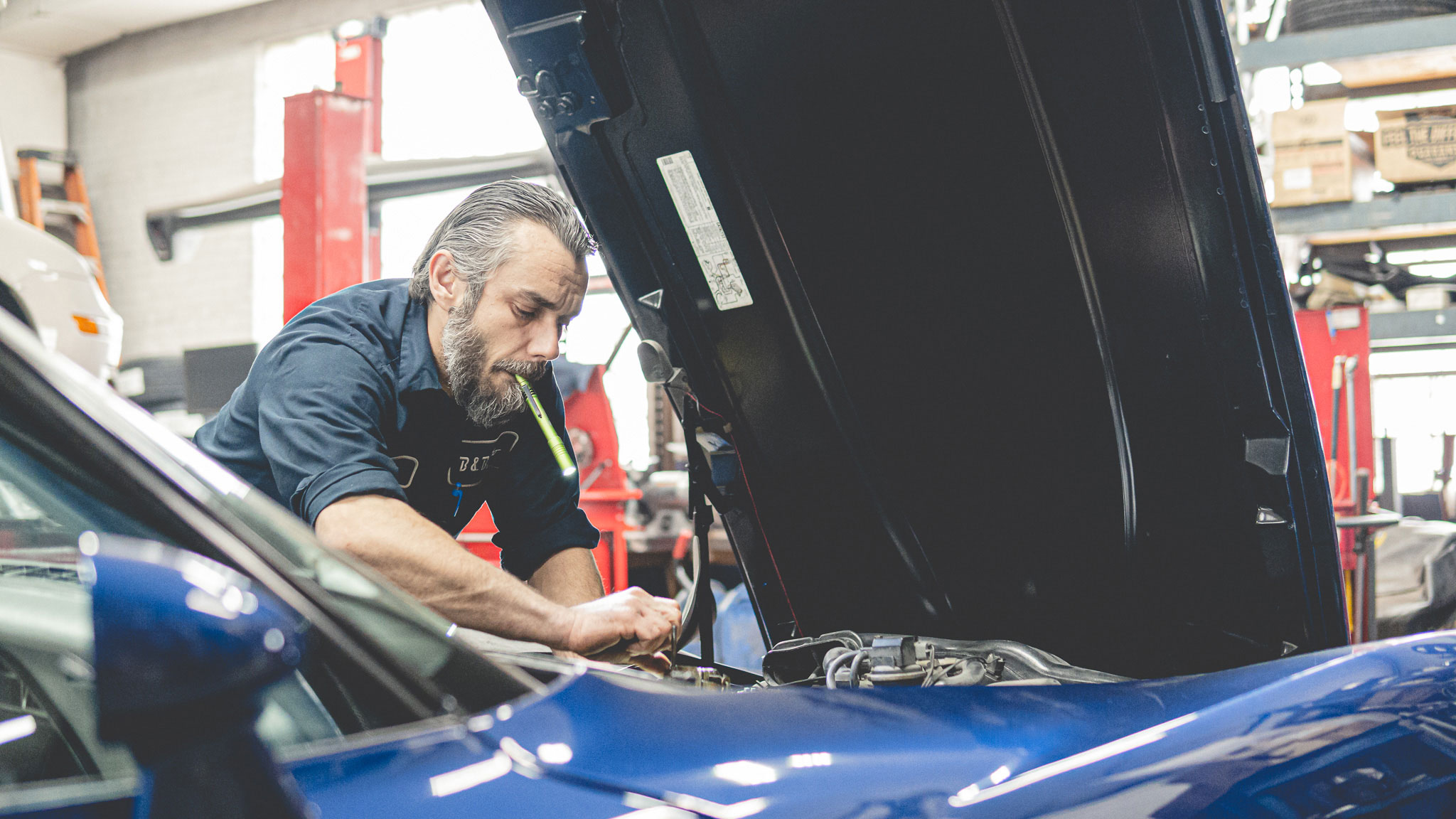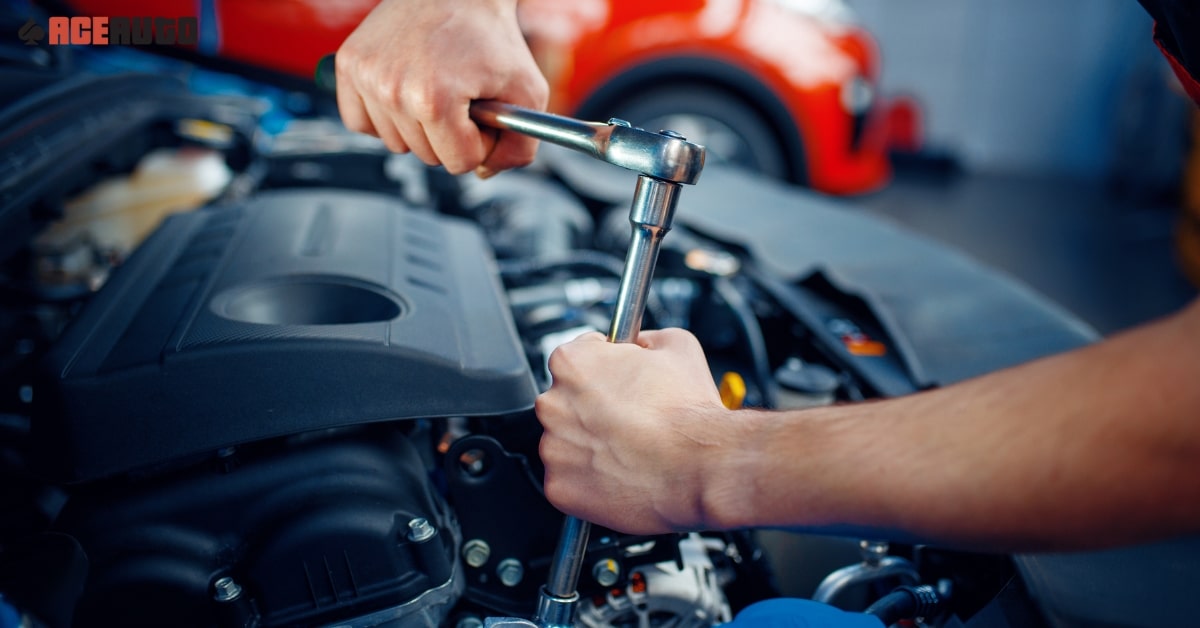All Categories
Featured
Your car counts on numerous liquids to maintain its elements running smoothly and successfully. Neglecting these liquids can bring about lowered efficiency, possible safety dangers, and expensive repair work. Comprehending the role of each fluid and staying proactive in upkeep ensures your automobile runs at its best. This short article checks out the key lorry liquids and their significance to your car's health and wellness.
![]()
Why It Matters: Without correct lubrication, engine components can grind versus each various other, resulting in considerable damage. Maintenance Tips: Check your oil degree month-to-month using the dipstick and top off if required. Change the oil and filter according to your car's service schedule, normally every 3,000 to 7,500 miles depending on the oil type and driving problems. 2. Coolant: Regulating Engine Temperature Level. Coolant, likewise called antifreeze, aids preserve your engine's temperature level within the optimum range. It avoids overheating during hot weather condition and freezing during chilly conditions.
Why It Matters: Not enough or abject coolant can cause engine overheating, which can create severe damage. Maintenance Tips: Examine the coolant tank routinely and look for leakages or staining. Flush and fill up coolant as recommended, typically every two to 5 years. 3. Brake Liquid: Reputable Ending Power. Brake fluid is vital for your automobile's braking system, transferring the force from your foot on the brake pedal to the brakes themselves. In time, brake fluid can soak up moisture, which minimizes its effectiveness.
Why It Matters: A jeopardized braking system can severely affect your security. Upkeep Tips: Inspect the brake liquid tank and ensure the level stays within the indicated variety. Change the fluid every a couple of years or as required. 4. Transmission Liquid: Smooth Equipment Shifts. Transmission fluid lubricates the transmission components and guarantees seamless gear adjustments. It also prevents overheating by cooling the system.
![]()
Why It Issues: Neglected transmission liquid can cause gear slippage, overheating, and even overall transmission failing. Upkeep Tips: Monitor the fluid's degree and condition regularly. Change it according to the supplier's referrals, usually every 30,000 to 60,000 miles. 5. Power Steering Liquid: Uncomplicated Handling. Power steering fluid aids in accurate and smooth steering. Low or infected liquid can make steering harder, placing pressure on the system.
Why It Issues: Poor steering responsiveness can jeopardize your control over the car. Maintenance Tips: Regularly inspect the fluid degree and shade, and leading it off as required. Listen to leaks or unusual guiding sounds. 6. Windscreen Washer Fluid: Clear Presence. While it doesn't impact performance, windscreen washer liquid is necessary for keeping presence, particularly in damaging conditions.
![]()
Why It Issues: A tidy windshield ensures you can see plainly, reducing the danger of accidents. Upkeep Tips: Refill the washing machine liquid tank often and make use of a formula fit to your climate to avoid cold or spotting. Why Regular Fluid Upkeep is Vital. Optimal Efficiency: Proper liquid levels and high quality make sure all systems operate efficiently. Safety And Security Assurance: Brake and power steering liquids straight affect your ability to manage the vehicle. Price Cost savings: Preventative upkeep avoids pricey repair work by capturing potential issues early. Long life: Liquids in good problem aid extend the life of vital parts, consisting of the engine and transmission. Quick Tips for Effective Fluid Maintenance. Adhere to the Guidebook: Refer to your lorry's proprietor guidebook for certain maintenance intervals. Be Alert for Leaks: Pools under your cars and truck can show fluid leakages that need instant attention. Usage Recommended Products: Adhere to liquids suggested by your car supplier to avoid compatibility problems. Focus On Caution Indications: Dashboard notifies or uncommon performance can indicate liquid issues. Final thought. Keeping your vehicle's fluids is one of the easiest ways to maintain it running efficiently and safely. Whether it's engine oil, coolant, or brake fluid, each plays an essential role in your cars and truck's overall wellness. Normal checks, combined with timely replacements, can protect against malfunctions, improve efficiency, and extend the life of your automobile. Keep aggressive, and you'll take pleasure in a smoother and much safer driving experience for years ahead.

- Engine Oil: The Lifeline of Your Engine. Engine oil plays an important function in lubing the engine's moving components, decreasing rubbing, and shielding versus wear and getting too hot. With time, oil becomes or breaks down polluted with particles, which can jeopardize its efficiency.
Why It Matters: Without correct lubrication, engine components can grind versus each various other, resulting in considerable damage. Maintenance Tips: Check your oil degree month-to-month using the dipstick and top off if required. Change the oil and filter according to your car's service schedule, normally every 3,000 to 7,500 miles depending on the oil type and driving problems. 2. Coolant: Regulating Engine Temperature Level. Coolant, likewise called antifreeze, aids preserve your engine's temperature level within the optimum range. It avoids overheating during hot weather condition and freezing during chilly conditions.
Why It Matters: Not enough or abject coolant can cause engine overheating, which can create severe damage. Maintenance Tips: Examine the coolant tank routinely and look for leakages or staining. Flush and fill up coolant as recommended, typically every two to 5 years. 3. Brake Liquid: Reputable Ending Power. Brake fluid is vital for your automobile's braking system, transferring the force from your foot on the brake pedal to the brakes themselves. In time, brake fluid can soak up moisture, which minimizes its effectiveness.
Why It Matters: A jeopardized braking system can severely affect your security. Upkeep Tips: Inspect the brake liquid tank and ensure the level stays within the indicated variety. Change the fluid every a couple of years or as required. 4. Transmission Liquid: Smooth Equipment Shifts. Transmission fluid lubricates the transmission components and guarantees seamless gear adjustments. It also prevents overheating by cooling the system.

Why It Issues: Neglected transmission liquid can cause gear slippage, overheating, and even overall transmission failing. Upkeep Tips: Monitor the fluid's degree and condition regularly. Change it according to the supplier's referrals, usually every 30,000 to 60,000 miles. 5. Power Steering Liquid: Uncomplicated Handling. Power steering fluid aids in accurate and smooth steering. Low or infected liquid can make steering harder, placing pressure on the system.
Why It Issues: Poor steering responsiveness can jeopardize your control over the car. Maintenance Tips: Regularly inspect the fluid degree and shade, and leading it off as required. Listen to leaks or unusual guiding sounds. 6. Windscreen Washer Fluid: Clear Presence. While it doesn't impact performance, windscreen washer liquid is necessary for keeping presence, particularly in damaging conditions.

Why It Issues: A tidy windshield ensures you can see plainly, reducing the danger of accidents. Upkeep Tips: Refill the washing machine liquid tank often and make use of a formula fit to your climate to avoid cold or spotting. Why Regular Fluid Upkeep is Vital. Optimal Efficiency: Proper liquid levels and high quality make sure all systems operate efficiently. Safety And Security Assurance: Brake and power steering liquids straight affect your ability to manage the vehicle. Price Cost savings: Preventative upkeep avoids pricey repair work by capturing potential issues early. Long life: Liquids in good problem aid extend the life of vital parts, consisting of the engine and transmission. Quick Tips for Effective Fluid Maintenance. Adhere to the Guidebook: Refer to your lorry's proprietor guidebook for certain maintenance intervals. Be Alert for Leaks: Pools under your cars and truck can show fluid leakages that need instant attention. Usage Recommended Products: Adhere to liquids suggested by your car supplier to avoid compatibility problems. Focus On Caution Indications: Dashboard notifies or uncommon performance can indicate liquid issues. Final thought. Keeping your vehicle's fluids is one of the easiest ways to maintain it running efficiently and safely. Whether it's engine oil, coolant, or brake fluid, each plays an essential role in your cars and truck's overall wellness. Normal checks, combined with timely replacements, can protect against malfunctions, improve efficiency, and extend the life of your automobile. Keep aggressive, and you'll take pleasure in a smoother and much safer driving experience for years ahead.
Latest Posts
Explore Premier Vehicle Maintenance Care in Chicago – Quality Service Today
Published May 27, 25
1 min read
Learn How WyHy FCU Maximizes Your Savings on Financing and Accounts
Published May 27, 25
1 min read
Take Advantage of Limited-Time Auto Repair Offers in Chicago at Montclare Auto Repair
Published May 24, 25
1 min read
More
Latest Posts
Explore Premier Vehicle Maintenance Care in Chicago – Quality Service Today
Published May 27, 25
1 min read
Learn How WyHy FCU Maximizes Your Savings on Financing and Accounts
Published May 27, 25
1 min read
Take Advantage of Limited-Time Auto Repair Offers in Chicago at Montclare Auto Repair
Published May 24, 25
1 min read